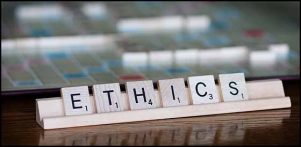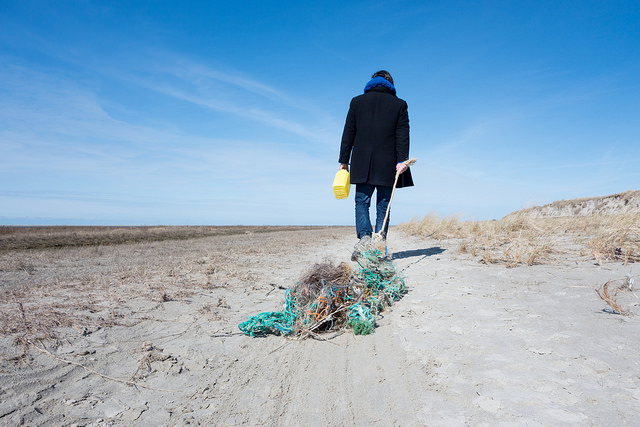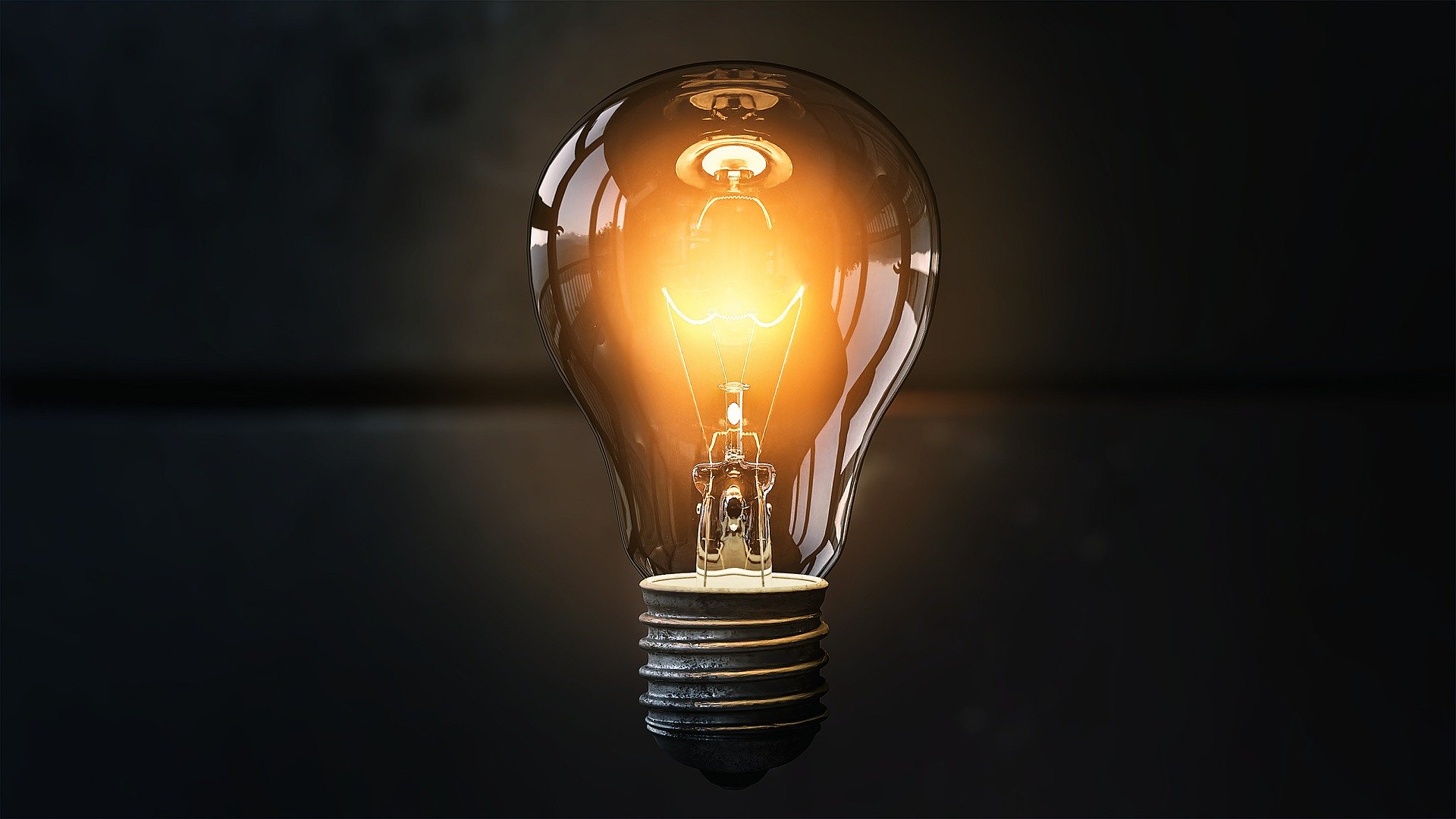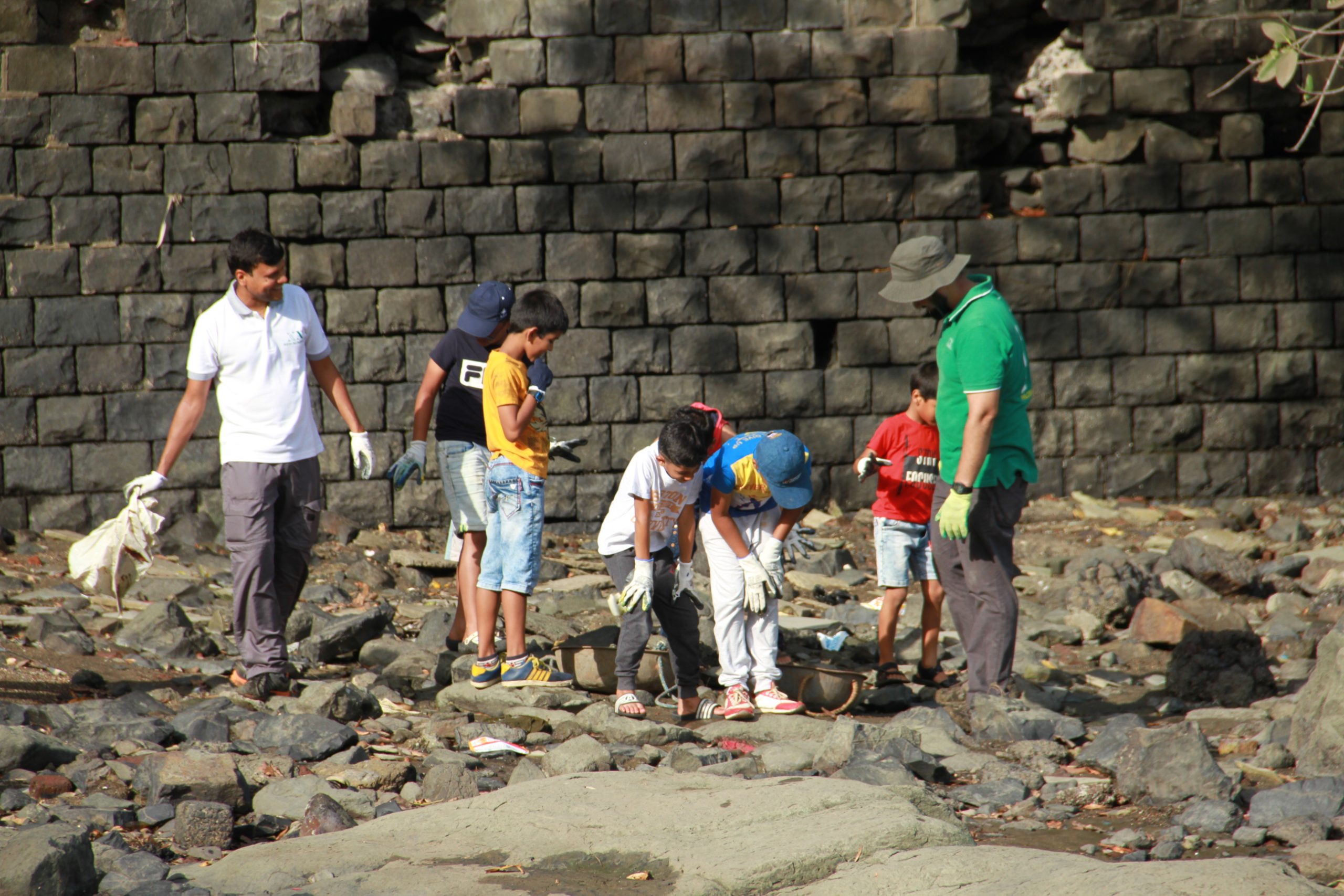Ethics first!
Article By Sabine Leitner
posted by UK, August 16, 2017
 On Wednesday 14 June, in the early hours of the morning, a fridge freezer exploded in a flat on the fourth floor of the 24-storey Grenfell tower block in London and caused a fire. Although fire crews arrived within 6 minutes of the alarm being raised, the fire had by then spread to the outside and within a short time the whole tower block was engulfed in flames that were racing up the building via the cladding on the external walls. At least 80 people were killed, although the final number is still not known.
On Wednesday 14 June, in the early hours of the morning, a fridge freezer exploded in a flat on the fourth floor of the 24-storey Grenfell tower block in London and caused a fire. Although fire crews arrived within 6 minutes of the alarm being raised, the fire had by then spread to the outside and within a short time the whole tower block was engulfed in flames that were racing up the building via the cladding on the external walls. At least 80 people were killed, although the final number is still not known.
Tragedies like this can happen, of course, but what makes the Grenfell Tower tragedy different from a natural disaster is that the scale of it was entirely manmade and could have been prevented. The chain of events that led to it reveals at every step a way of thinking which is symptomatic for our times: profit, cost-cutting, financial savings put before anything else.
However, is anyone of us free from this kind of thinking? Are we not all buying cheap products that we deep down know are unethical, bad for the environment and even unhealthy? Are we not all favouring the lower prices of the biggest companies although we know that they kill off the smaller ones? Are not most of us complaining about having to pay taxes? We are all seduced by the thought of ‘getting a bargain’ and don’t usually think about the wider implications of our transactions. I think it is fair to say that we live in a world where ‘economic’ thinking generally overrides ethical concerns.
I think that it is also fair to say that this kind of thinking is the major cause of all the social and environmental problems we face today. If we want to change the outcomes, we need to change the way of thinking that underlies our actions. It is important to understand that every individual can and needs to contribute to this change. There is uplifting evidence that more and more individuals buy with their conscience rather than their wallet. The ethical consumer market has been growing year on year in the UK and in 2015 was valued at £38 billion. This means that these industries are growing and can offer an ever-wider range of alternative products and services that will make a positive difference. More and more of us are not just thinking ‘is this the most economical?’ but also: ‘is this ethical?’ Each time we reach into our purse we should be mindful that this act is an expression of our values. And that it will either contribute to positive social, environmental and cultural change or lock us in the status quo.
Disasters like the Grenfell Tower fire are not just a wake-up call for the government and the authorities. They should also cause us to look at our own way of life. The wrong thinking that led to the enormous scale of the fire is systemic but there is no denying that we are all a part of the same system. It’s very easy to point fingers and to look for scapegoats but we also have a role to play in this.
The maxims of the great philosophers in history prove yet again timeless and relevant. Confucius already said 2,500 years ago: “A lesser person is only concerned with doing what is profitable. An ethical person (junzi) is concerned with doing what is right.” May the image of the burnt-out Grenfell Tower remind us all that ethics is more important than economics.
Image Credits: By Orietta.sberla | Wikimedia Commons | CC BY-SA 3.0
Related posts:
Image References
By Orietta.sberla | Wikimedia Commons | CC BY-SA 3.0
Permissions required for the publishing of this article have been obtained




What do you think?